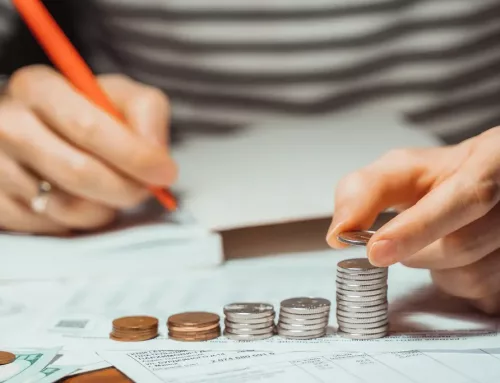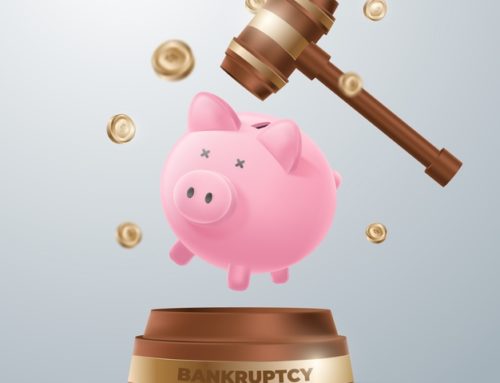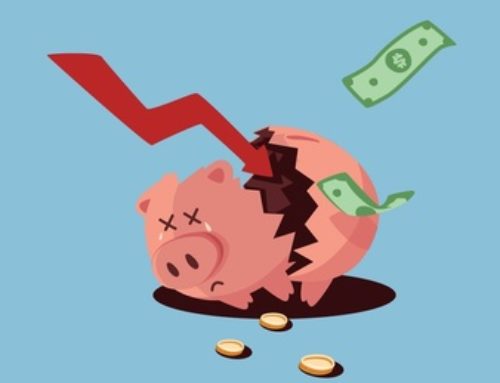Consumer bankruptcy helps an individual resolve debt under federal court protection. There are several bankruptcy types suited for different circumstances. A Chapter 7 bankruptcy type will likely have unsecured debts (such as personal loans, medical bills, credit card debt, and others with no collateral involved) forgiven or discharged. The automatic stay will also give you bankruptcy protection. This can stop wage garnishment and prevent you from getting sued.
While recent taxes, student loans, alimony, and child support are generally not dischargeable under bankruptcy laws, Chapter 7 could still help. Filing for bankruptcy erases most of your other debts, so you might be able to raise money for the ones that you must still repay. Additionally, even if filing for bankruptcy will affect your credit reports (and ability to get credit) for 10 years, it is not as bad as it sounds. With discipline and good spending habits, credit scores may steadily improve just months after you declare bankruptcy.
Chapter 7 is best for bankrupt individuals with:
- few assets
- problem debts whose sum exceeds two-fifths of his or her annual income
- problem debts that include credit card debts, medical bills, payday loans, or other debts that a Chapter 7 may wipe out through a discharge
- no capacity to pay off debts in five years, even with extreme measures
 (In contrast, if you have a lot of assets, if you are generally dealing with secured debt, or if it would be possible for you to pay back some of what you owe to your creditors, you might be better of with a Chapter 13 bankruptcy petition. Credit counselors and bankruptcy attorneys often suggest the debt relief option or filing chapter that is most suited for an individual).
(In contrast, if you have a lot of assets, if you are generally dealing with secured debt, or if it would be possible for you to pay back some of what you owe to your creditors, you might be better of with a Chapter 13 bankruptcy petition. Credit counselors and bankruptcy attorneys often suggest the debt relief option or filing chapter that is most suited for an individual).
If you are facing financial problems and would want to qualify for this type of bankruptcy, you must:
- pass the bankruptcy means test (which covers your assets, monthly income, and living expenses)
- have not finished a Chapter 7 bankruptcy (in the last eight years) or a Chapter 13 (in the last six years)
- have not (in the last 180 days) filed a petition for bankruptcy which was dismissed (especially because of failure to appear or follow court orders)
- have not (also in the last 180 days) filed a petition that was voluntarily dismissed
If you are planning to file for bankruptcy under Chapter 7, it would be helpful to look at the overview of the steps below:
- Undergo credit counseling 180 days (or roughly 6 months) before filing. Pre-file bankruptcy counseling is often conducted by a nonprofit credit counseling agency.
- Hire a reliable bankruptcy attorney to help you with paperwork and bankruptcy forms.
- File your petition and wait for the bankruptcy trustee to facilitate the meeting of creditors, sell your nonexempt assets (determined by the bankruptcy code), and pay creditors.
- Take a financial education course that is required under bankruptcy law.
- Wait for the discharge, which will likely be three to six months after filing, following the usual bankruptcy process.
For questions on the different chapters and types of bankruptcy filings, give us a call. An experienced bankruptcy lawyer will gladly assist you. Contact us at Thomas E. McIntire and Associates, L.C. for any concerns about bankruptcies.




